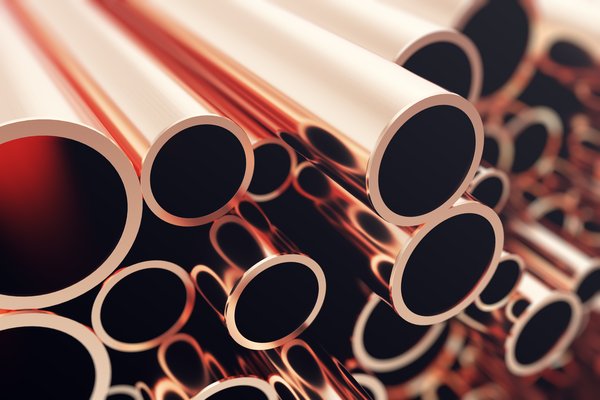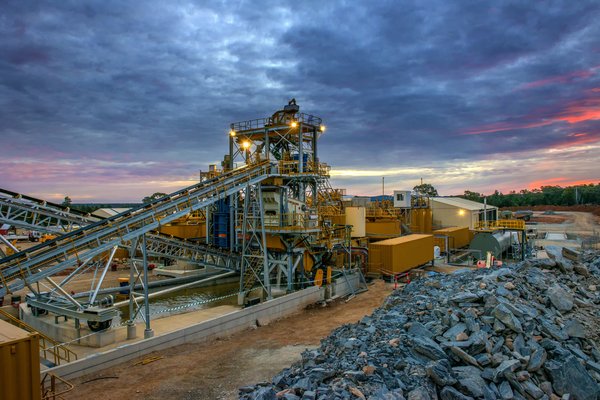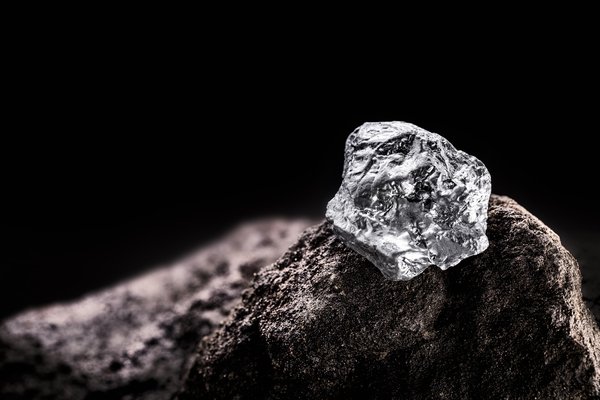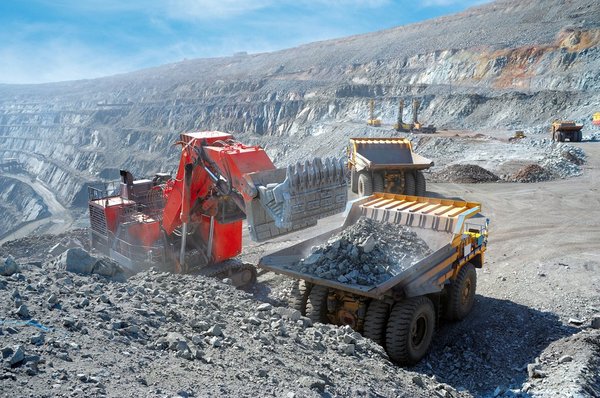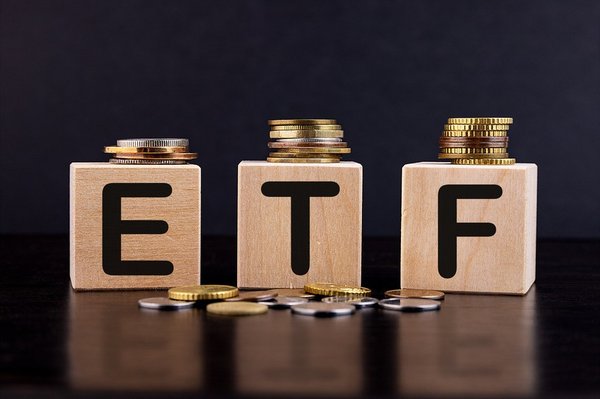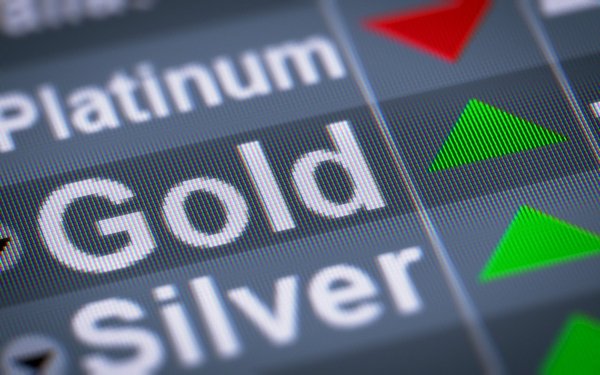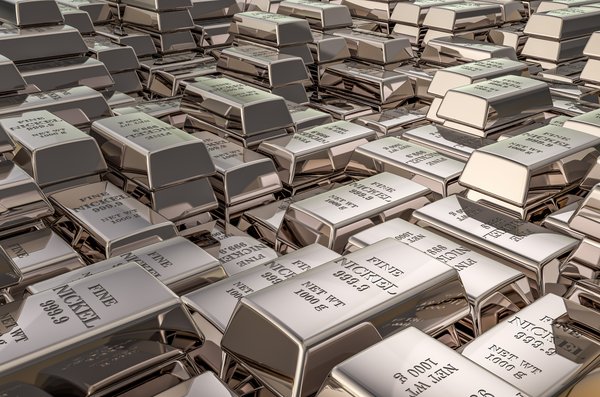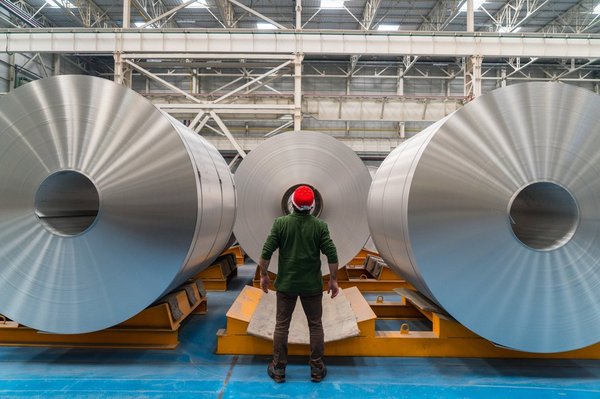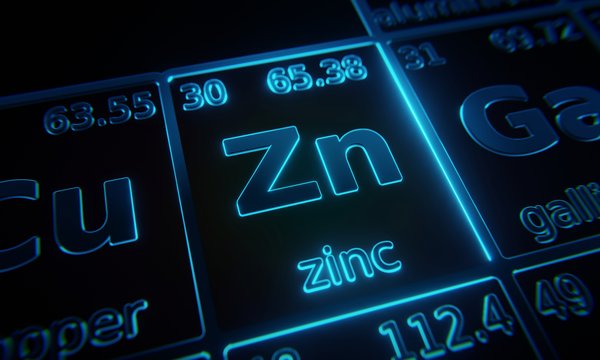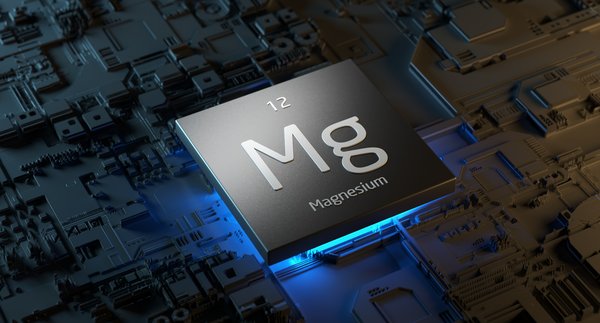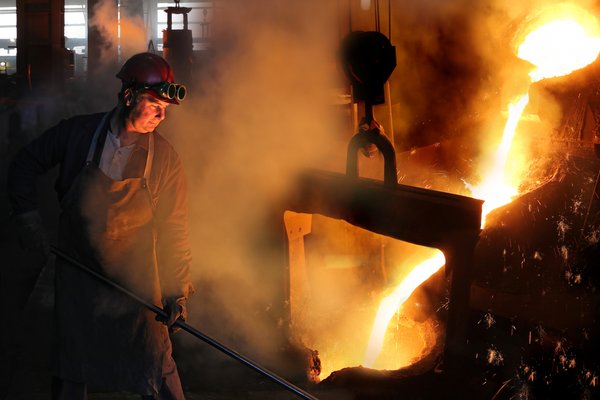Metals are crucial to our economy. Industrial base metals, such as copper, iron ore, and aluminum, are essential building blocks for infrastructure, buildings, appliances, vehicles, and other equipment. Many metals are also becoming vital for lower-carbon energy. Meanwhile, precious metals like gold and silver have industrial uses and are important for investors. These demand drivers should help boost metals prices in the future.
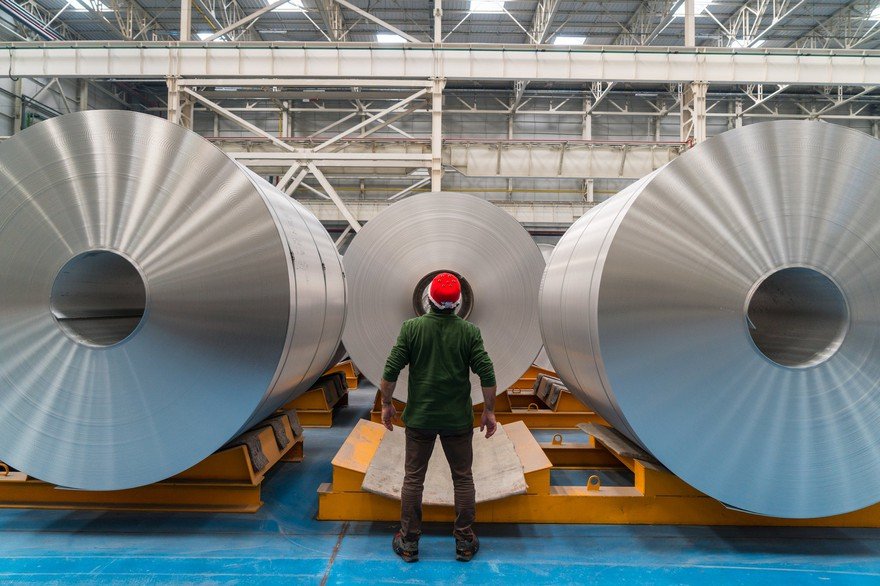
Investors have several metals and metal-related investment opportunities that could help them to profit from rising metals demand and prices. Of those options, exchange-traded funds (ETFs) offer an easy way to broadly invest in the metals sector. Here's a closer look at some of the leading metals-focused ETFs.
Exchange-Traded Fund (ETF)
4 top metals ETFs
4 top metals ETFs in 2025
There are lots of ETFs focused on the metals and mining sector. Several ETFs focus on precious metals, including gold ETFs and silver ETFs. They provide investors with broad exposure to the precious metals mining sector or a specific precious metal.
Likewise, several ETFs concentrate on leading industrial base metals, such as aluminum, iron ore, and copper, plus emerging metals for the green energy sector such as lithium. Their strategies center on holding metals-focused mining stocks or metals futures contracts.
Here are some of the top ETFs focused on nonprecious metals (check out this article for a list of precious metals ETFs):
| Metals ETF | Ticker Symbol | Assets Under Management | ETF Description |
|---|---|---|---|
| SPDR S&P Metals & Mining ETF | (NYSEMKT:XME) | $1.5 billion | An ETF focused on U.S. metals and mining stocks. |
| iShares MSCI Global Metals & Mining Producers ETF | (NYSEMKT:PICK) | $777.3 million | An ETF focused on global metals and mining stocks. |
| VanEck Rare Earth and Strategic Metals ETF | (NYSEMKT:REMX) | $232.6 million | An ETF focused on rare earth stocks. |
| Invesco DB Base Metals Fund | (NYSEMKT:DBB) | $109.4 million | An ETF focused on metal futures contracts. |
1 . SPDR S&P Metals and Mining ETF
1. SPDR S&P Metals & Mining ETF
The SPDR S&P Metals & Mining ETF seeks to provide investors with exposure to metals and mining stocks in the S&P Total Market Index. It holds shares of mining companies in the following subsectors of the metals and mining sector: aluminum, coal and consumable fuels, copper, diversified metals and mining, gold, precious metals and minerals, silver, and steel. The ETF had 36 holdings as of early 2025, led by the following five:
- Carpenter Technology (CRS -1.87%): 5.4% of the fund's holdings.
- Freeport-McMoRan (FCX 2.53%): 5.4%.
- ATI (ATI 0.3%): 5.1%.
- U.S. Steel (NYSE:X): 5%.
- Newmont (NEM -4.24%): 4.9%.
The ETF uses an equal-weight strategy, which provides investors with targeted exposure to the entire U.S. metals and mining sectors, including precious metals. It charges a relatively low ETF expense ratio of 0.35%. The ETF is ideal for people seeking an investment focused on the U.S. metals sector.
2. iShares MSCI Global Metals and Mining Producers ETF
2. iShares MSCI Global Metals & Mining Producers ETF
The iShares MSCI Global Metals & Mining Producers ETF offers investors targeted access to the global metals and mining industry, minus precious metals. The ETF held shares of more than 245 mining stocks as of early 2025, led by the following five:
- BHP Group (BHP -0.06%): 13.2% of the fund's holdings.
- Rio Tinto (RIO 1.86%): 7.1%.
- Freeport-McMoRan: 6.1%.
- Glencore (GLNCY 3.0%): 5%.
- Anglo American (AAL 1.23%): 4.7%.
The ETF takes a market-weighted approach to the global non-precious metals mining sector. It charges a reasonable expense ratio of 0.39%. The fund's features make it ideal for people seeking to invest in an ETF weighted toward the largest non-precious metals miners in the world.
3. VanEck Rare Earth/Strategic Metals ETF
3. VanEck Rare Earth/Strategic Metals ETF
The VanEck Rare Earth and Strategic Metals ETF provides investors with targeted exposure to companies focused on producing, refining, and recycling rare earth and strategic metals and minerals. The ETF held shares of 31 rare earth and strategic metals companies as of early 2025, led by the following five:
- Arcadium Lithium (NYSE:ALTM): 9.3% of the fund's holdings.
- Sociedad Quimica y Minera de Chile (SQM 5.59%): 7.1%.
- Albemarle (ALB 7.13%): 7.0%.
- China Northern Rare Earth Group (SHSE:600111): 6.1%.
- Lynas Rare Earths (LYC 0.06%) 6.0%.
The ETF allows investors to own a basket of companies focused on mining materials that are important for the technology and green energy sectors. It charges a modest fee of 0.56% for access to these emerging metals.
4. Invesco DB Base Metals Fund
4. Invesco DB Base Metals Fund
The Invesco DB Base Metals Fund enables investors to invest in commodity futures in a convenient and cost-effective way. The fund focuses on some of the most liquid and widely used base metals, such as aluminum, zinc, and copper. As of early 2025, the fund's holdings were:
- Copper futures: 32.8% of net assets.
- Aluminum futures: 32.7%.
- Zinc futures: 32.9%.
The ETF uses leverage and collateralizes futures contracts with U.S. Treasury bills and other Invesco products built around government debt.
The fund is somewhat speculative since futures contracts can be very volatile. It charges investors a modest expense ratio of 0.79%. The ETF is best for sophisticated investors who want to make a short-term trade on the thesis that base metals prices will rise sharply in the near term.
Related investing topics
Pros and cons
The pros and cons of metals ETFs
Investing in metals and metals ETFs isn't for everyone. Investing in the sector has several pros. A big one is that rising demand for metals tends to drive up prices over the long term. That provides investors with the opportunity to make money on the metals market. Metals can also be a good way to hedge against inflation. Investing in metals ETFs enables investors to broadly invest in the thesis that metals prices will rise.
However, metals have drawbacks. Prices can be volatile, especially during an economic downturn. Meanwhile, they often aren't a perfect hedge against inflation, so investors need to carefully consider whether investing in a metals ETF is right for their situation.
FAQs
Metals ETFs FAQs
Is it worth investing in metal?
Investing in metals over the short term can be worthwhile. For example, precious metals can be a good hedge against inflation. Meanwhile, industrial metals like copper, aluminum, and iron ore rise in value when demand is growing, which tends to happen during periods of economic expansion when demand outpaces supply.
Does Vanguard have a precious metals fund?
Vanguard offers the Vanguard Global Capital Cycles Fund (NASDAQMUTFUND: VGPM.X). The fund aims to invest at least 25% of its assets into precious metals and mining securities. The fund also invests in companies that own high-quality infrastructure (e.g., utilities and telecommunications).
Is it better to invest in stocks or precious metals?
It has historically been better to invest in stocks over precious metals. As of early 2025, the S&P 500 had delivered a total return approaching 250% (13.3% annualized) over the last decade. That compared to an almost 120% return for gold (8.1% annualized) and almost 80% for silver (6% annualized). While the past performance of stocks doesn't guarantee they will continue to be a better investment than precious metals, stocks should continue to outpace gold and silver in the future unless there's a significant inflation surge or severe global economic downturn and financial crisis.







